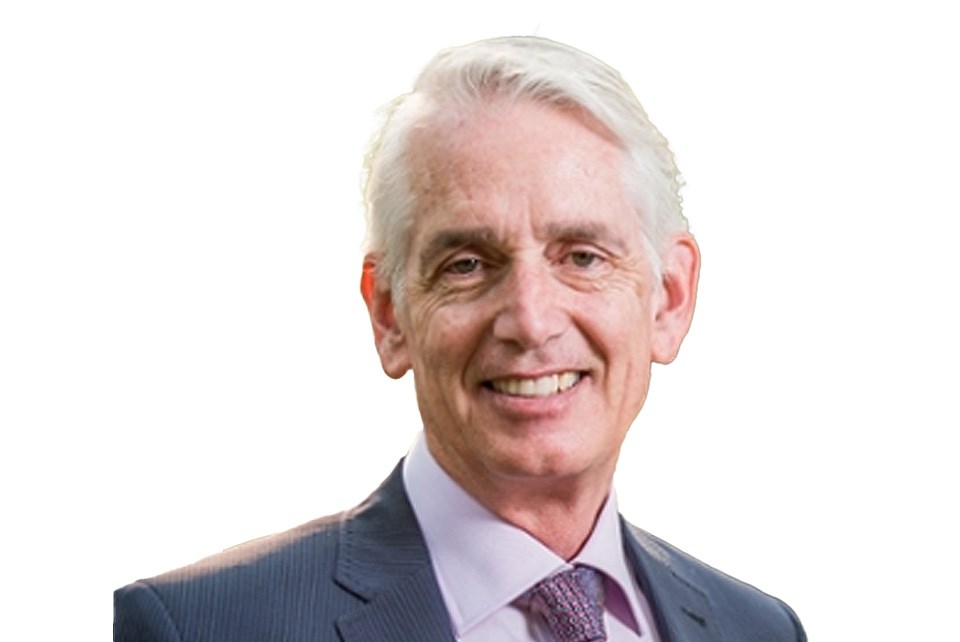The University of Saskatchewan-USFA Collective Agreement 2023-27 requires that faculty intending to serve on committees devoted to the appointment, promotion, salary review, and tenure processes for other faculty attend an anti-racism and unconscious bias training session.
This has attracted criticism in a recent opinion piece carried in the National Post, the Saskatoon StarPhoenix, and elsewhere.
The piece describes the required session as an example of an “ideological crusade” at most Canadian universities that leaves no room for dissent, disparages merit, and diminishes excellence. These accusations are serious and misguided enough to warrant an informed response.
The University of Saskatchewan, and all 21st-century Canadian universities, have become learning and research environments of tremendous and concentrated diversity. Faculty, staff and students from over 130 countries around the world are now part of our community. Together, we are home to people from multiple international, ethnic and racial backgrounds. We are participants, not bystanders, in Canada’s journey to reconciliation, and we have adopted the principle of man膩cihitowin or leading with respect.
Our university’s goal, stated in our 2020 EDI Policy, is to “create and nurture a diverse and inclusive university community.” We aspire to be a place that welcomes gender and sexual diversity, physical diversity, philosophical and political diversity, diversity of age, and more. I encourage members of the university community to attend a convocation ceremony where that diversity is celebrated and on vivid display.
Achieving that most important goal, particularly given the globally fraught times in which we live today, rife with anti-semitism, Islamophobia, Sinophobia, and racism and bias against Black people, Indigenous peoples and so many others, will not happen by chance. It will not happen without intention nor in the absence of institutional commitment. That policy goal is not part of an ideological crusade. I have always interpreted it as laudable and, in its spirit, reflective of the best of what Canada aspires to be. If we are truly working toward being the university the world needs, we must commit to welcoming the world, with all its marvellous difference, to our campuses.
A university that aspires to excellence must ensure that it attracts the very best faculty and retains them. Far from diminishing the importance of excellence, the session, co-led by a faculty member, is intended to help ensure that recognizing excellence is not impeded by racism or unconscious bias. Hiring the best faculty we can from Canada and around the world is critical for student success and our research mission, and also for the future prosperity and productivity of Saskatchewan and Canada. This approach of inclusive excellence is stated well in our 2020 EDI Policy: “The university believes equity, diversity, inclusion, and a sense of belonging strengthen the community and enhance excellence, innovation, and creativity in all domains.”
In searching for highly qualified candidates, we also remain mindful of our responsibilities under鈥疶he Saskatchewan Human Rights Code, 2018鈥痶o eliminate discrimination in recruitment.鈥疶he 2023-27 Collective Agreement session requirement is intended to align with these responsibilities. Indeed, the Saskatchewan Human Rights Commission recommends as a best practice that Saskatchewan employers provide unconscious bias training, particularly to those involved in hiring.
If academic freedom were compromised by the requirement to attend such an anti-racism and unconscious bias session, I am certain the session would not have found its way into the 2023-27 Collective Agreement that enshrines “freedom of discussion, freedom to teach the subject assigned in classes, freedom to criticize the University and the Association without suffering censorship or discipline.”
Attending the session does not quash a faculty member’s ability to dissent or express contrary views. It is after attending the session that faculty members serve on the hiring, appointment, promotion, salary review, and tenure committees where decisions are made, and I have every confidence that faculty will preserve their intellectual autonomy and critical skepticism while serving on these committees. I am equally confident that attending the session increases, not decreases, the informed perspectives from which a committee member can draw when later serving on the committee itself.
A Canadian university’s commitment to welcoming diversity, supporting inclusion and seeking equity while ensuring academic freedom and excellence requires a delicate and careful balance. Canadian universities are on the front lines of finding that balance, and they are doing it well.
And the University of Saskatchewan is doing it well. The fact that we have leapt in recent international rankings, increased our enrolments year over year, seen five Rhodes Scholarships awarded in the last three years alone, account for a disproportionately large percentage of federal research funding, enjoy a high national and international profile, and are reaching our ambitious $500-million “Be What the World Needs” comprehensive campaign goal, tells us that our EDI Policy and our EDI Framework for Action are enabling excellence, not diminishing it.
This is neither simple nor easy work. It takes a careful mixture of patience and impatience, and it takes time. After our three collegial governing bodies adopted the EDI Policy, they adopted our EDI Framework for Action, “a living document requiring constant questioning, validation and refinement. It invites us to engage and to learn.” It states, in other words, that we can always improve how we do this important work. More than 400 faculty have attended these sessions so far and their response has been overwhelmingly positive. We will continue to monitor and receive feedback on all we do in this regard.
I thank those who take on the daunting task of leading this complex and difficult work, and the entire University of Saskatchewan community engaging with it.
Peter Stoicheff
President and Vice-chancellor
University of Saskatchewan



